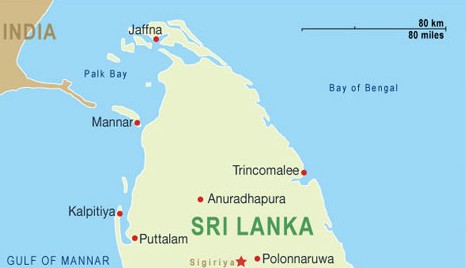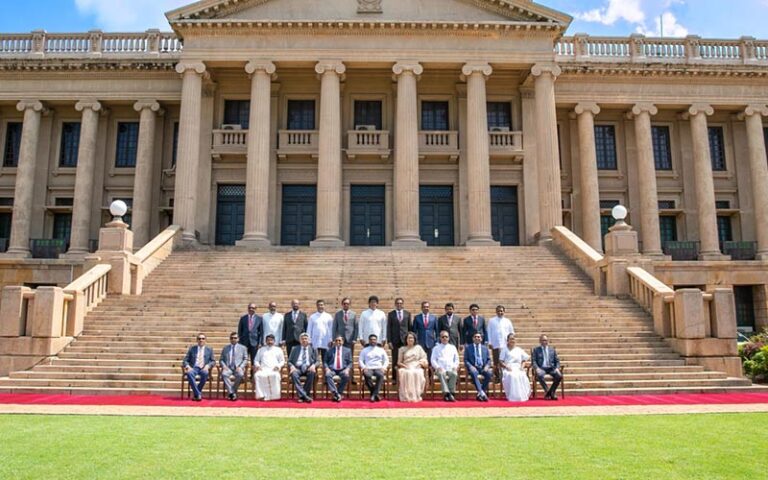 ‘The Last Phase’, a documentary film depicting the life story of a former female LTTE cadre during the final stages of the humanitarian operation in Sri Lanka was screened in the Westminster Houses of Parliament, London on Monday.
‘The Last Phase’, a documentary film depicting the life story of a former female LTTE cadre during the final stages of the humanitarian operation in Sri Lanka was screened in the Westminster Houses of Parliament, London on Monday.
The event was hosted by Lord Naseby, Chair of The All Party Parliamentary Group on Sri Lanka, supported by Conservative Friends of Sri Lanka.
The documentary revolves around the life of a former LTTE female cadre who grew up at ‘Senchcholai’, the LTTE run orphanage for Tamil children. ‘Jayawadanee’ was brought up in an environment that was deliberately planned to portray the other side as the necessary evil.
The defenec ministry said that it was the first time that an independent Sri Lanka produced documentary about the War had been shown in the cradle of Britain’s democracy and seen by parliamentarians from all sides of the Houses of Commons and Lords. Ian Paisley MP, who attended the meeting commented that it was refreshing to see an alternative perspective about the Sri Lankan war, and this event clearly demonstrated that the international community did not have a monopoly on the truth in relation to Sri Lanka.
Apart from Mr Paisley, the other parliamentarians who attended the event were Baron West of Spithead (former First Sea Lord) and the following Members of Parliament, Brian Binley, Mark Durkan, Bob Blackman, James Wharton, Laurence Robertson, Andrew Turner, Nick De Bois as well as Foreign Office and Parliamentary researchers and assistants.
Lord Naseby introduced a distinguished panel, comprising Professor Paul Moorcraft and Mr. Richard Mundy, who was the narrator on “The Last Phase” to discuss the war and current developments in Sri Lanka.
Professor Moorcroft spoke of the events at the end of the war from a military perspective. He explained that in all his experience, having investigated wars in other countries, that the Sri Lankan Army conducted themselves very professionally in comparison to other armies. His observations and opinions were formed after visiting Sri Lanka and having had access to all the workings of the armed services as well as with surviving Tiger cadres. The total civilian casualties in the final days of the war, he observed, could not be ascertained with accuracy, but based on the figures of those injured, the estimate of 40,000 civilian deaths quoted by Gordon Weiss in his book and thereafter repeated by many others, including by the Darusman Report and Channel 4, is a gross exaggeration, which he confirmed should not be relied upon as being accurate.
Dr. Chris Nonis, High Commissioner addressed the issues pertaining to the Government of Sri Lanka. In a robust delivery he stated that there was never a Civil War in Sri Lanka and that it should be instead correct to understand it as a war against terrorism. He said that people from all communities and religions lived side by side in all parts of the country, and that for example, the demography of the capital Colombo was 30% Sinhalese, 30%Tamils, 30% Muslims. He maintained that many external politicians were making unwarranted pronouncements about Sri Lanka with understanding basic demographics and that it was long and complex war story, which needs to be understood by visiting and experiencing the country’s committed efforts at post-war progress first-hand. He made a passionate plea for supporting the country’s reconciliation processes via the LLRC and appealed to all expatriate communities to work towards this goal. His appeal to the international community was for greater understanding of Sri Lanka’s achievements and stated that all communities are playing a substantial role in the economic and social progress of the country. His address was well received by all those present.
Source: Daily Mirror (Sri Lanka)




